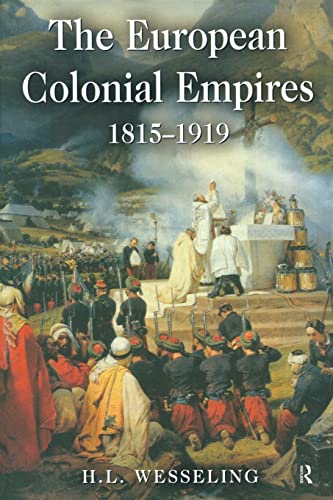

Most ebook files are in PDF format, so you can easily read them using various software such as Foxit Reader or directly on the Google Chrome browser.
Some ebook files are released by publishers in other formats such as .awz, .mobi, .epub, .fb2, etc. You may need to install specific software to read these formats on mobile/PC, such as Calibre.
Please read the tutorial at this link: https://ebookbell.com/faq
We offer FREE conversion to the popular formats you request; however, this may take some time. Therefore, right after payment, please email us, and we will try to provide the service as quickly as possible.
For some exceptional file formats or broken links (if any), please refrain from opening any disputes. Instead, email us first, and we will try to assist within a maximum of 6 hours.
EbookBell Team

4.4
22 reviewsThe nineteenth century was Europe's colonial century. At the beginning of the period, the only colonial empire that existed was the British Empire. By the end of the century the situation was completely different and Europe's colonial possessions had come to constitute a large part of the world. The French had acquired an immense colonial empire and the Dutch had extended their control over Indonesia. Germany and Italy, unified only in the latter half of the century, had claimed their place under the sun. Even the tiny Kingdom of Belgium had acquired a huge colonial territory in Africa: the Belgian Congo.
This is the first book to describe the whole process of colonization from conquest to pacification, and to analyze it in the light of administrative, cultural and economic developments. The European Colonial Empires discusses a uniquely long period instead of merely focussing on the shorter, accepted age of classical imperialism. Wesseling argues that European colonial expansion can be understood only by putting it into this long-term perspective and by comparing the differences between the colonies in Africa, Asia, Oceania and the Caribbean.
This book redresses the balance that privileges the British colonial and imperial experience. It emphasizes the continental European experience while relating developments to the British enterprise.